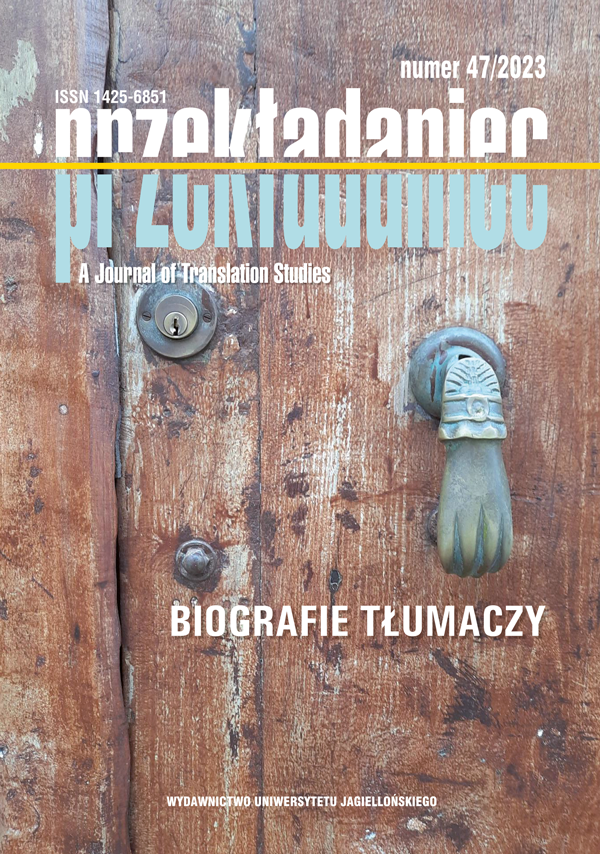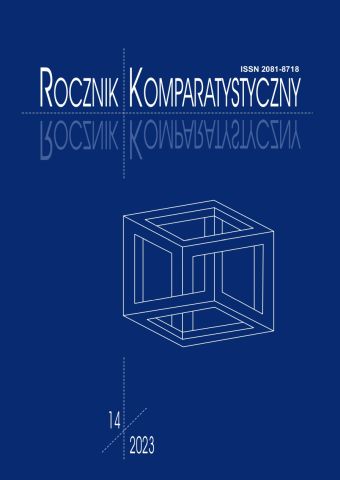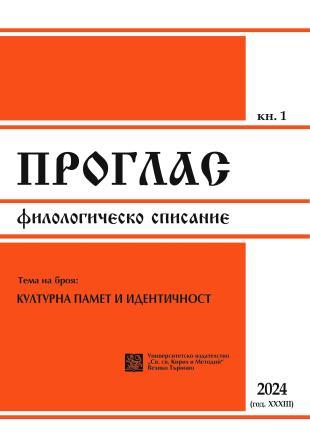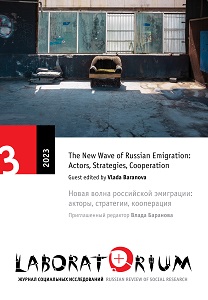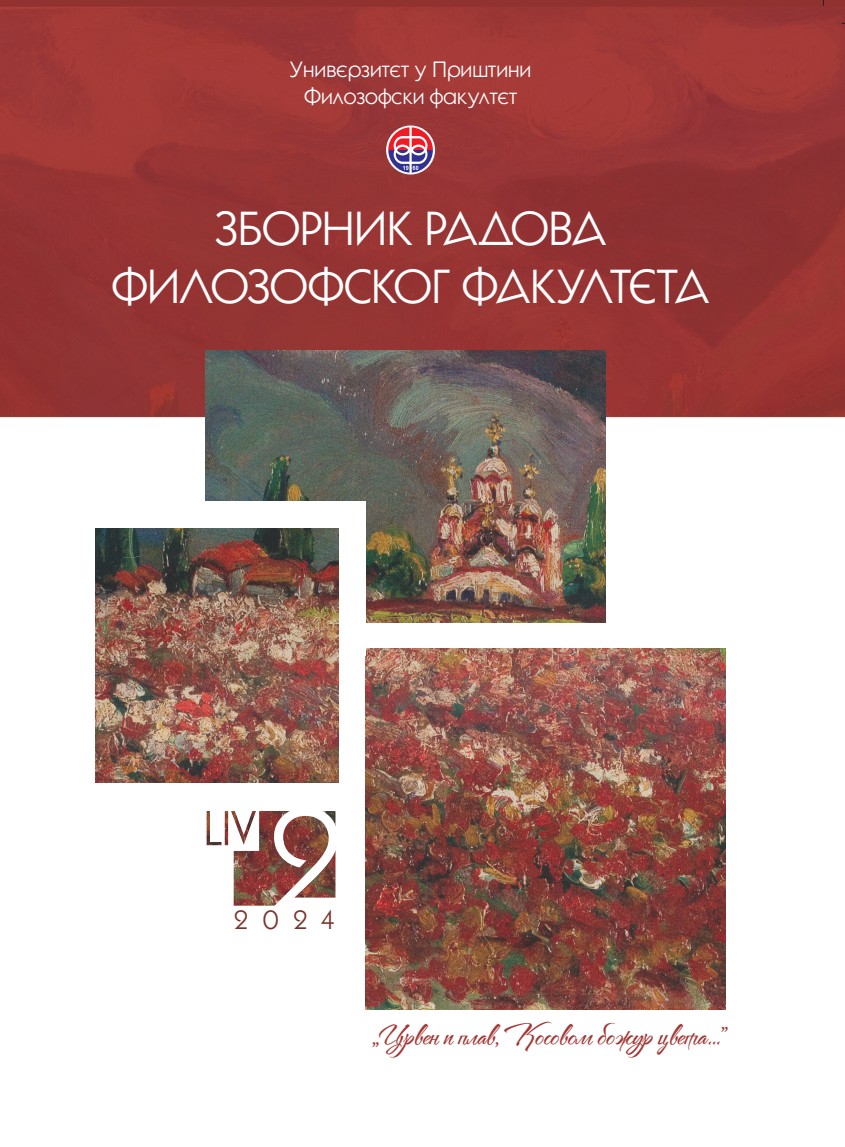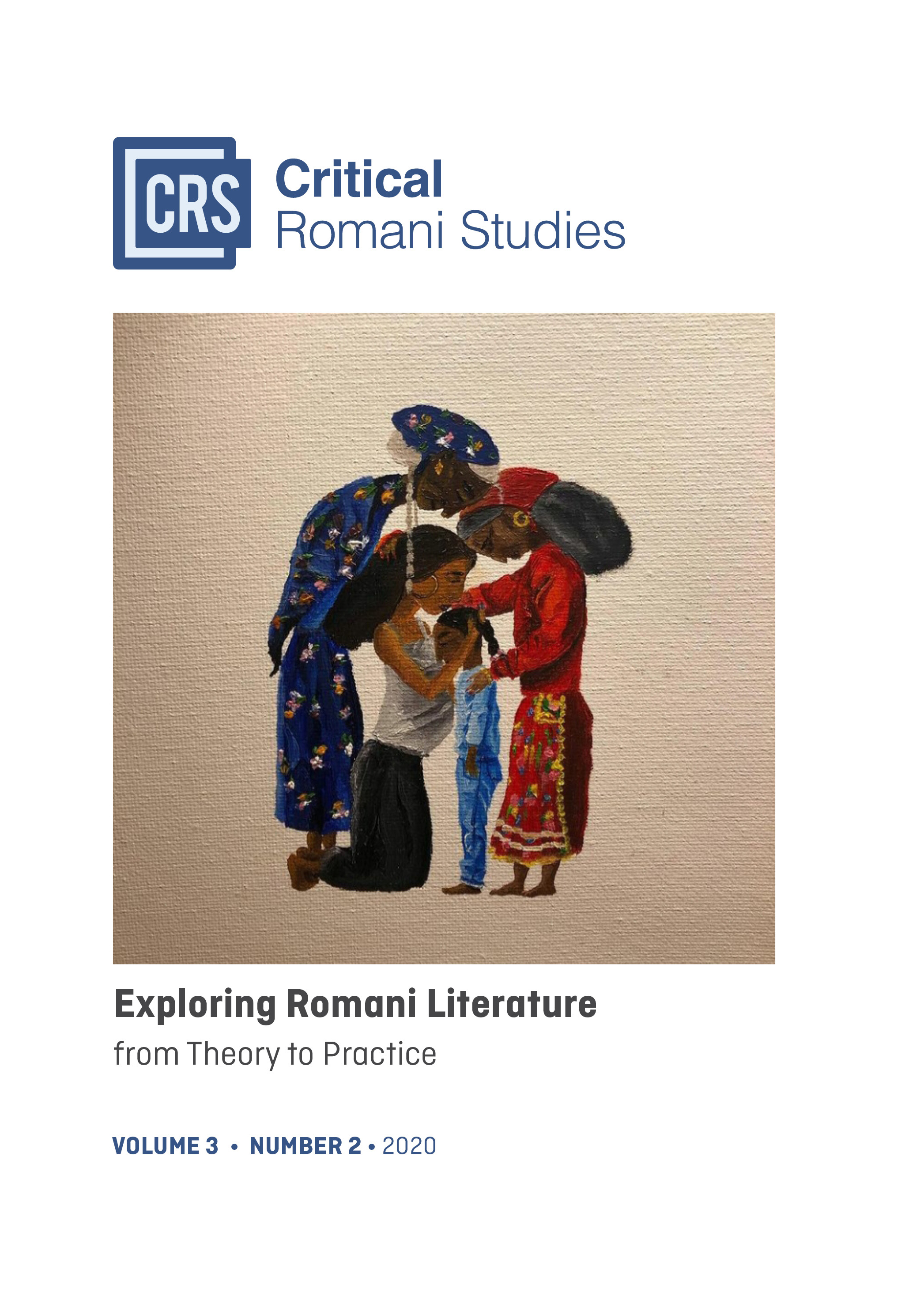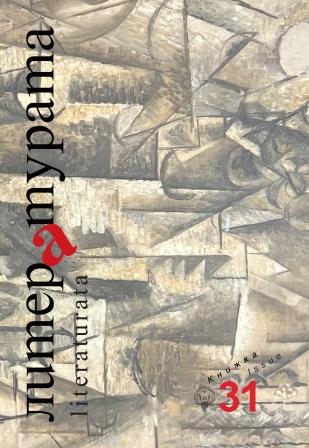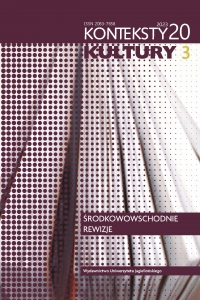
Na ugorach czasu. Pamięć kultury i idylla w eseju Jerzego Stempowskiego W dolinie Dniestru
According to the author of the article, the key to the interpretation of Jerzy Stempowski’s essay In Dniester Valley are the programmatic remarks of Hostowiec, who wanted to impart the generic form of Vergilian essay onto the ancient form of bucolic idyll. The author uses the convention of idyll to present the ideal coexistence model for nations living in multicultural areas, where their sense of communal identity should be based on the fundament of cultural memory presented as the counterweight to oftentimes tragic historic past of the region.
More...
